Balancing Israel and Palestine
Since the end of the cold war, India has deepened its engagement with Israel while continuing to support the Palestinian cause. India’s position does not emerge out of a vacuum. The country has had many geopolitical and moral considerations to take into account before determining its stance.

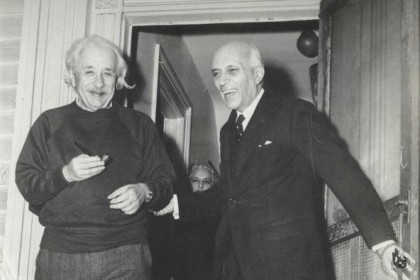
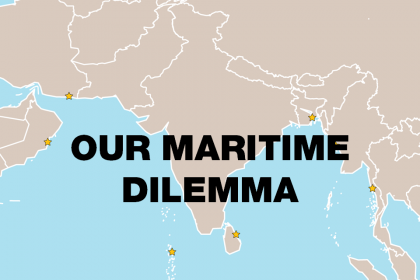

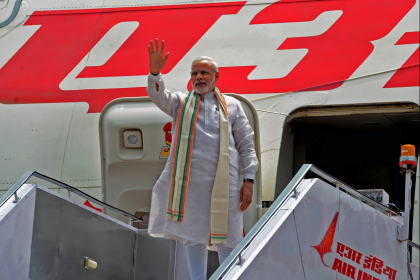
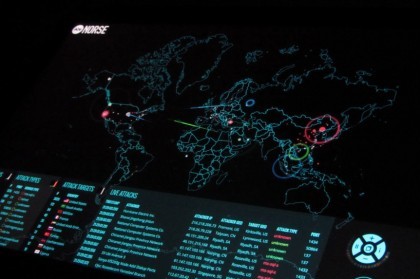
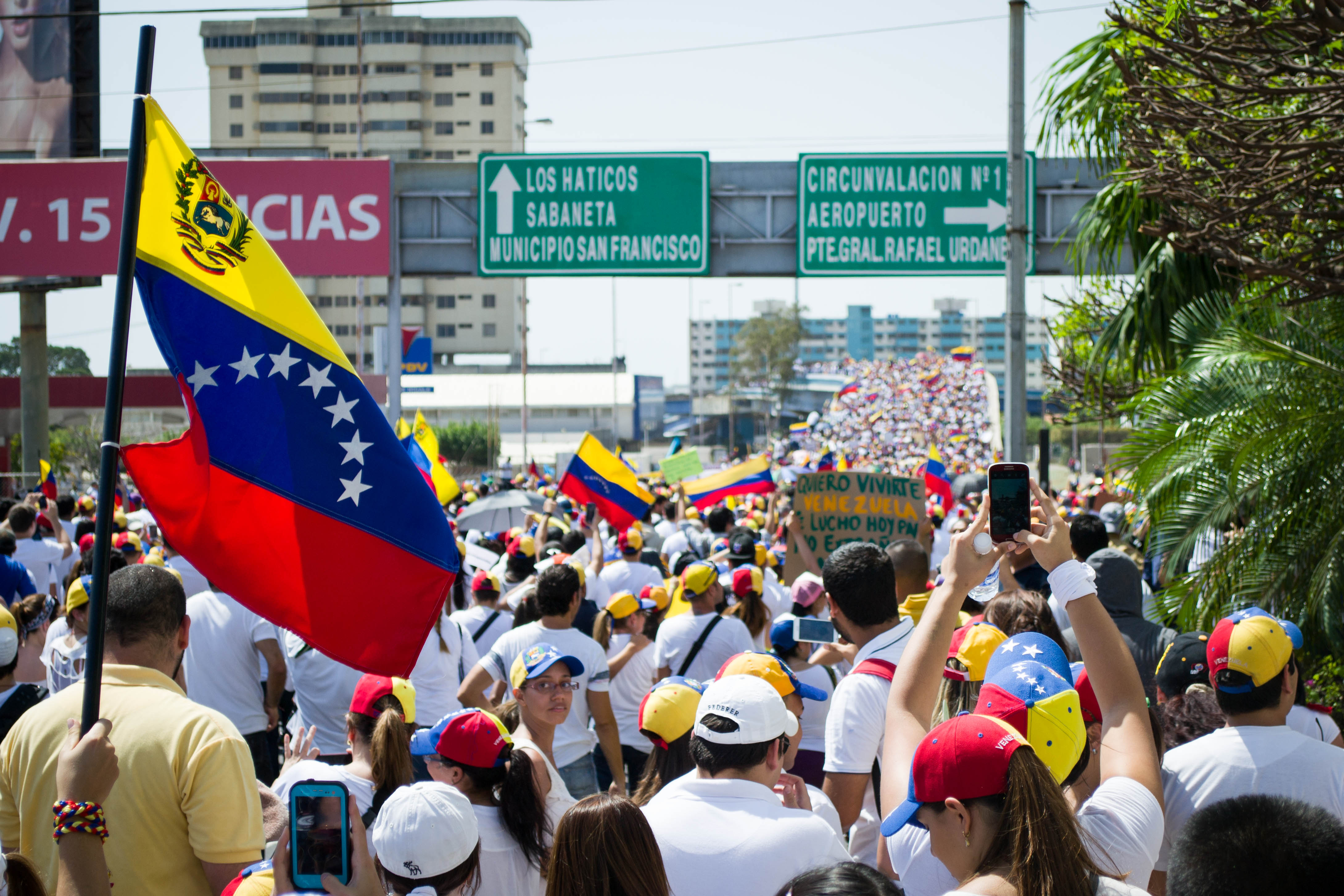



![DSC_0211[1]](https://www.gatewayhouse.in/wp-content/uploads/2016/01/DSC_02111-e1452754538418.jpg)
